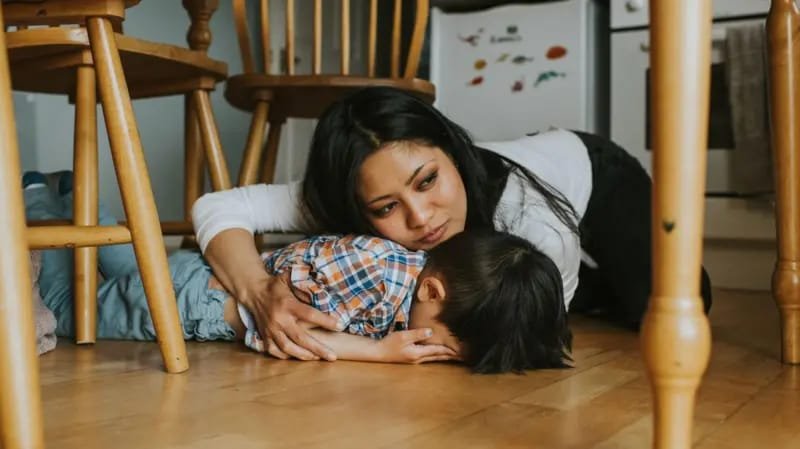
Sri Lankan children face rising mental health challenges

According to the BBC report they go to great lengths to protect their children from harm, shielding them from the sun, rain, and even the smallest dangers focusing mainly on their physical safety.
However, questions are being raised about whether the same level of attention is given to their children’s mental well-being.
In recent years, several tragic cases have emerged where children took their own lives, with parents only realizing afterwards that their child had been suffering from poor mental health.
Against this backdrop, a 2024 school-based health survey conducted by Sri Lanka’s Ministry of Health has shed light on the growing mental health challenges among the nation’s children.
Loneliness Among Children
According to the survey, 22.04% of children reported feeling lonely, 7.05% said they had no close friends, and a striking 75% stated they had no one close to talk to about their stress or emotional struggles.
Dr. Lakmini Magodaratna, Director of the Mental Health Directorate, explained to BBC Sinhala that loneliness in children often stems from a lack of meaningful connections either at home or at school.
“When children feel a gap in their closest relationships, they start to experience loneliness. This is more common among girls 25.04% of girls compared to 19.03% of boys,” she noted.
How Parents Can Help
Dr. Magodaratna emphasized the importance of parents spending quality time with their children and building strong emotional bonds.
Support Services Available
When a child is identified as experiencing mental health difficulties, several assistance services are available in Sri Lanka:
1926 National Mental Health Helpline – 24/7, trilingual instant call service
1375 Lanka Life Line – another helpline for emotional support
National Institute of Mental Health – Child & Adolescent Services (Tel: 0112-578556 / 0112-2578234)
Sumithrayo – Tel: 011-2696666 / +94 112 682 535
CCC Foundation – Tel: 1333 / +94 112 692 909
The findings highlight the urgent need for greater awareness and proactive measures to address children’s mental health, ensuring that emotional safety is valued just as much as physical protection.


